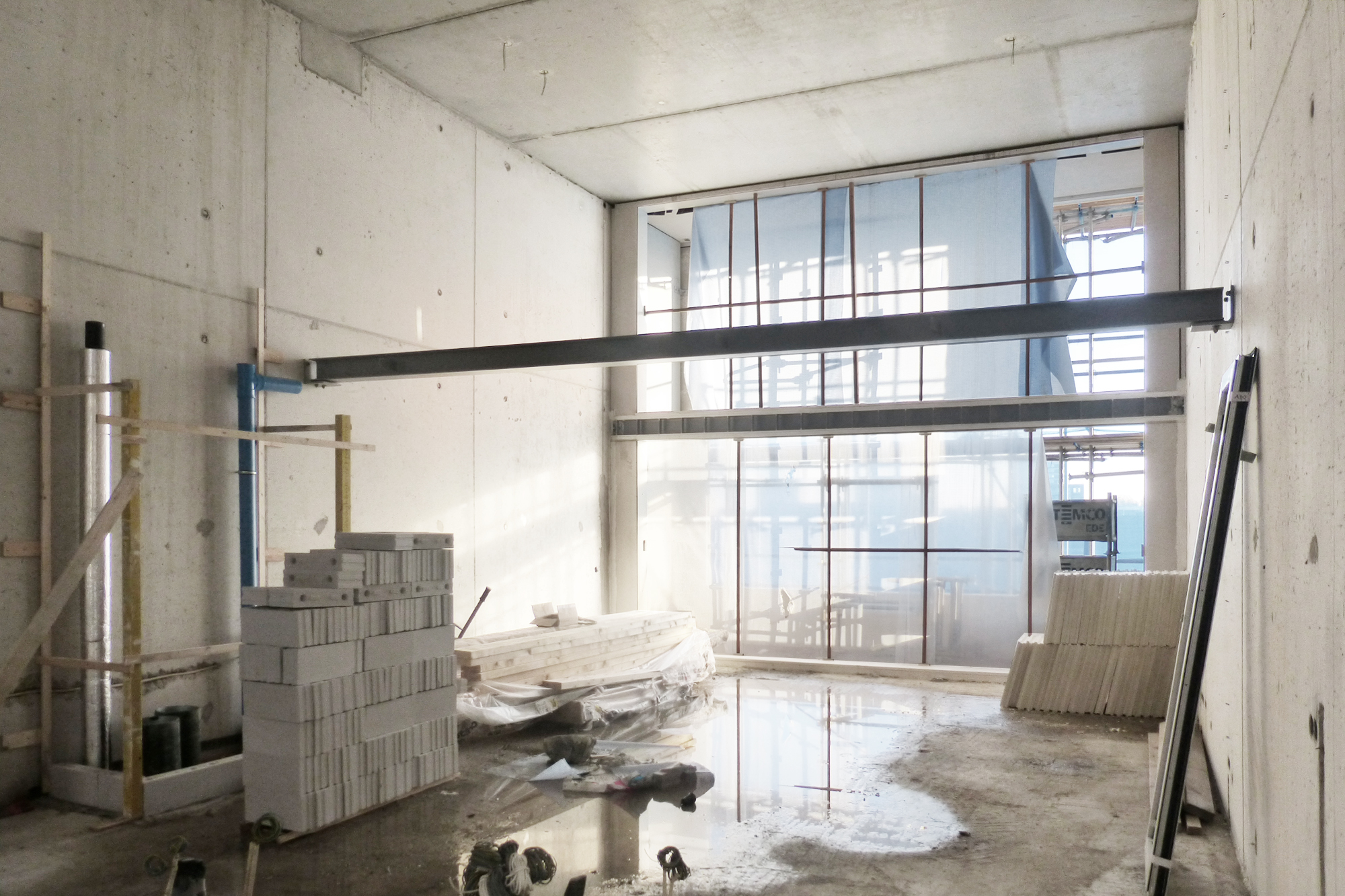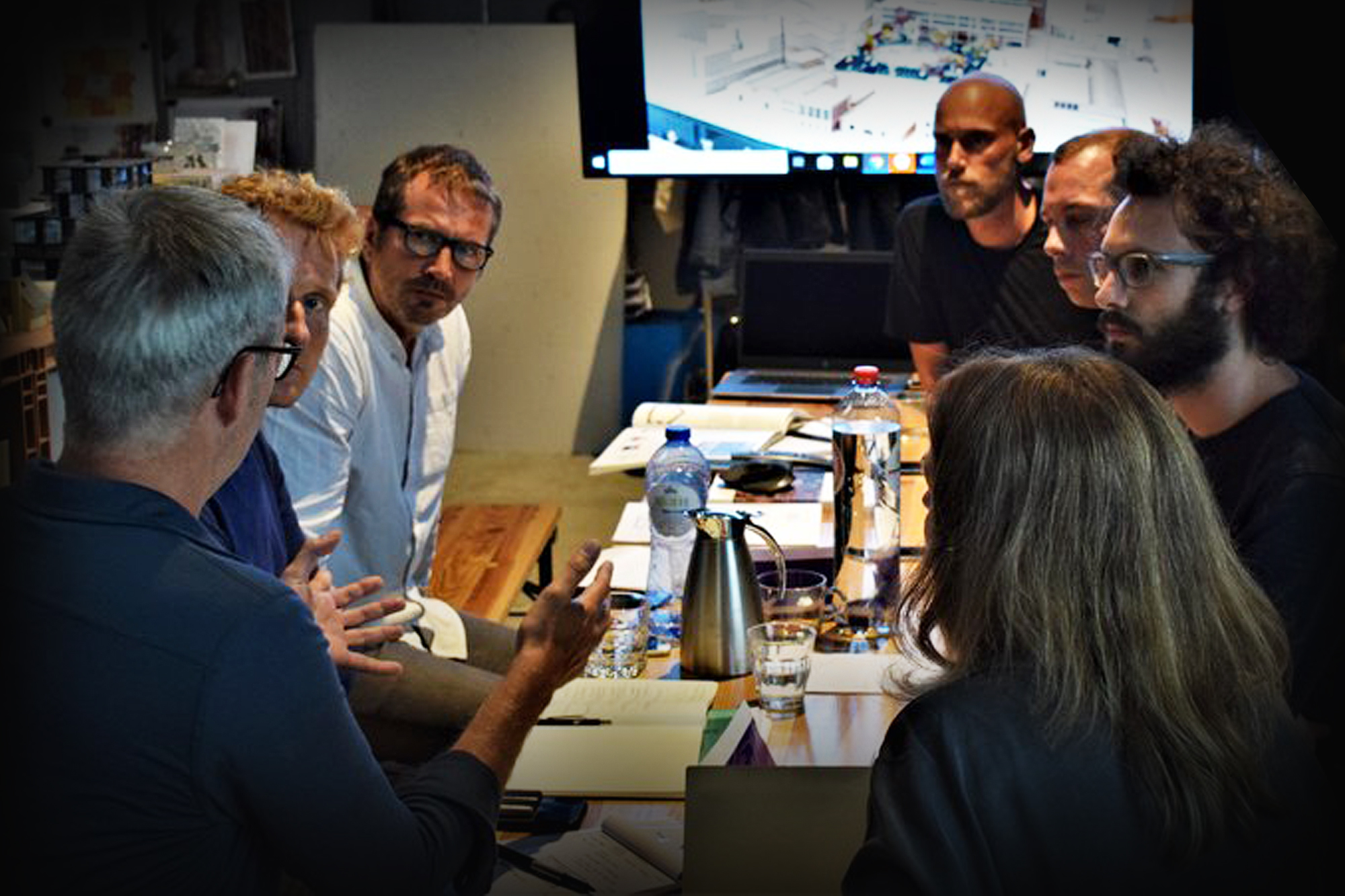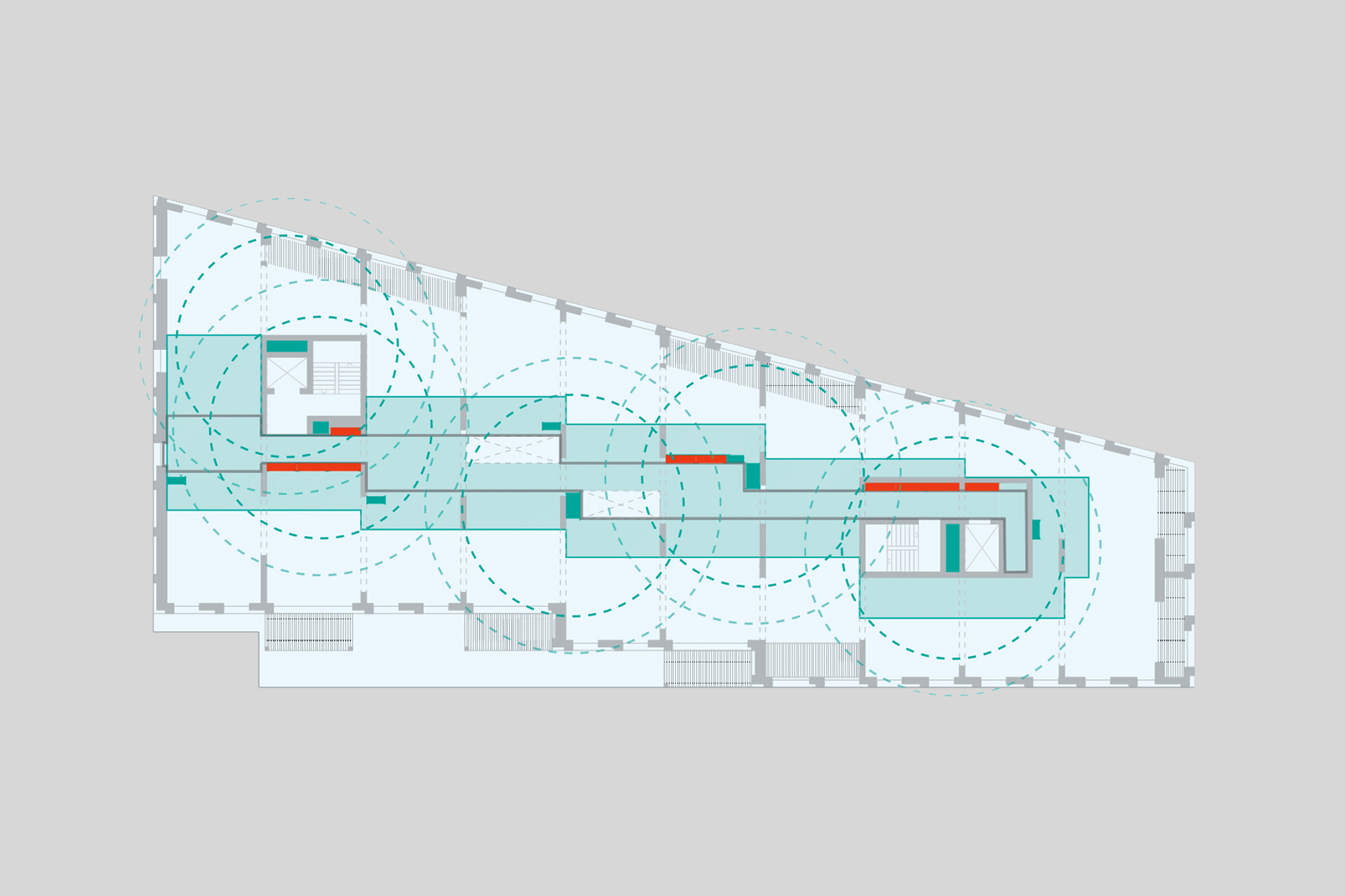Our office is one of the Founding Partners of the Dutch knowledge and network platform ‘Open Building’. Responding to the environmental crisis and the continued challenge of strengthening social cohesion, Open Building is proposing a series of conceptual, architectural, and technical measures.
The notion of ‘Open Building’ revisits, updates, and extends a legacy of ideas from the 1960’s that has advocated adaptable ways of construction and participatory forms of development, such as evident in the work of N. John Habraken in architecture (‘open building’) and Umberto Eco in esthetics (‘open work’), among others.
Open Building has formulated the following principles:
Open Buildings are a much needed concept to lower drastically the significant ecological footprint for which the global building industry is responsible; in particular to reduce its production of waste and CO2–emissions by engaging in circular economies. At the same time, Open Buildings support the transition from the consumer society to one based on participation, involvement and inclusion.
Open Buildings are buildings open for appropriation and co-creation. They form the “infrastructure” for home-owners and users to inhabit and co-produce their environment. They offer possibilities for new real estate development models and forms of co-ownership and co-making. They involve future users and residents in the early stages of a project, foster a strong sense of ownership and belonging and are powerful tools in community development. Open Building is a process open for ideas, for interpretation, for participation.
Open Buildings are buildings open for change. They are designed to adapt to many ways of use for the purpose of extending their lifespan. They combine a robust and resilient structural framework (“carrier” or “support”) with circular (renewable or recycled) infill systems that are designed for disassembly, such as facades, interior walls, fixed furniture and technical facilities. With the concept of Open Building, the environmental costs of maintenance, renovation and even transformation – during the total lifespan of the building – are significantly reduced.
Open Buildings make Open cities. The principles of Open Building form a resilient and flexible building model for real estate that help creating an open and diverse city that is adaptable to social tendencies and climate change. Open Buildings accommodate the social, economic and technological complexity of our time and the future, add value and are timeless.
The platform has collaboratively organized various events and activities such as public and academic lectures, debates, workshops and field tours (among them Open Building Now!, 2020 and 2021; Open Building Summit, World Architecture Festival 2019 and 2020). Its approach and key projects, among them our housing projects ‘New West’ and ‘Stories’, are introduced to an international audience in the book by Stephen Kendall (ed.), Residential Architecture as Infrastructure, forthcoming by Routledge Publishers in November 2021.
Besides applying open building principles to our projects ‘New West’ and ‘Stories’, we have been experimenting with different strategies since 2019 in all our tender projects.
For more information on the group of architects and engineers and its activities see: www.openbuilding.co





